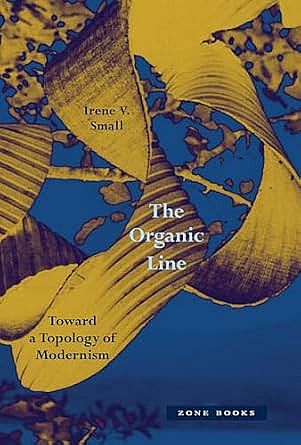Taking as its point of departure the Brazilian artist Lygia Clark’s notion of the “organic line,” a spatial fissure that appears between material elements, art historian Irene Small explores this concept’s profound impact on how we understand art and meaning. Emerging in Clark’s work around 1954, the organic line is not only a distinctive element in Clark’s practice but also a powerful analytical tool with far-reaching aesthetic, epistemological, and political implications beyond her immediate context. Small elucidates how this spatial cavity — seen in the line between a painting and its frame, or between tiles on the floor—reshapes fundamental concepts such as surface, boundary, and connection by transforming planes into topological fields and borders into dynamic membranes. Mobilising extensive archival resources, Small’s study invites us to see modernism as an open, interactive field of complex tensions, destabilising the binaries of centre and periphery, inclusion and exclusion. The Organic Line: Toward a Topology of Modernism offers a compelling manifesto for reimagining the structures and connections that define modern and contemporary art today.
Irene V. Small is Associate Professor in the Department of Art & Archaeology at Princeton University and teaches contemporary art and criticism within a global context. Her areas of interest include experimental practices of the 1950s, ‘60s and ’70s, legacies of abstraction and the avant-garde, temporalities of art, problems of methodology and interpretation, relationality and the social implications of form. Small’s work engages a variety of geopolitical formations and has paid particular attention to art and theory in Latin America, notably Brazil. Her book, Hélio Oiticica: Folding the Frame (University of Chicago Press, 2016) examines the practice of the Brazilian artist Hélio Oiticica and the emergence of a participatory art paradigm in the mid-1960s. A second book, The Organic Line: Towards a Topology of Modernism, was released by Zone Books this year. At Princeton, she is affiliated with the Program in Media and Modernity, the Program in Latin American Studies, and the Department of Spanish and Portuguese. She is member of the advisory boards of the journals October, Texte zur Kunst, and Ars (Universidade de São Paulo).
Organised by Jo Applin, Walter H. Annenberg Professor in the History of Art, and Director of the Centre for the Art of the Americas, The Courtauld.






